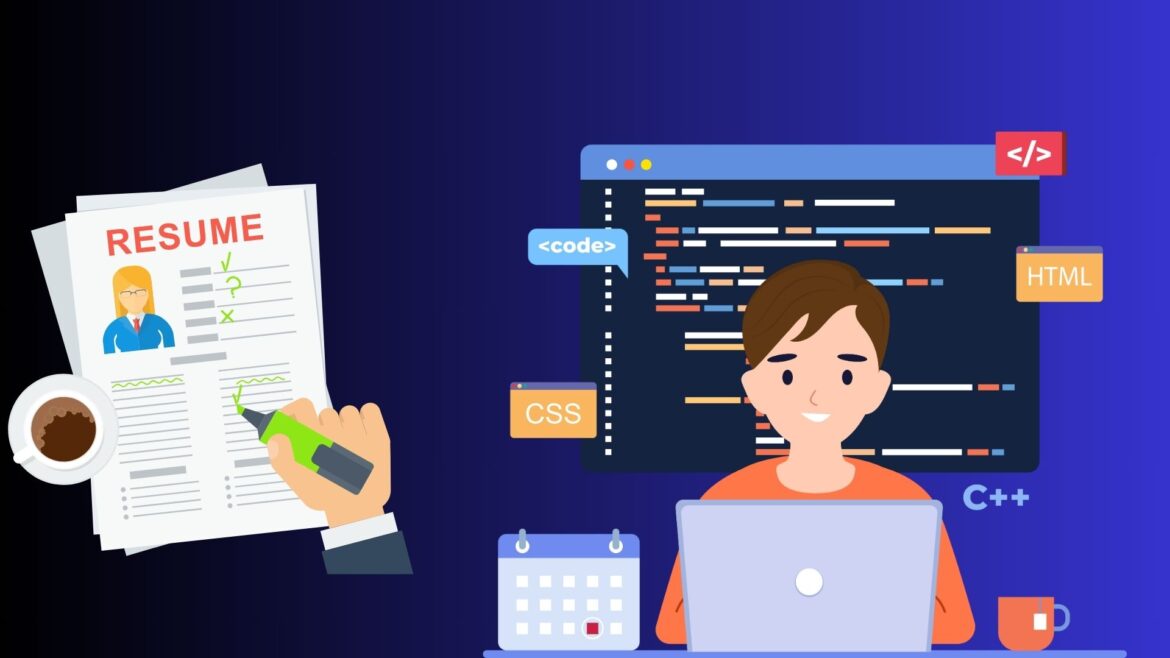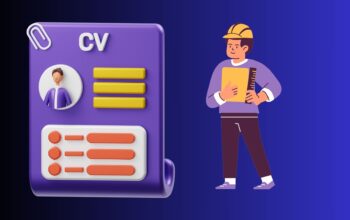Writing an effective Software Engineer CV is crucial to showcase your skills, experience, and qualifications to potential employers. Here are some tips to help you create a compelling CV:
- Start with a Strong Header:
- Include your full name, contact information, LinkedIn profile, and GitHub profile (if applicable).
- Make sure your email address is professional.
- Craft a Clear Objective or Summary:
- Write a concise objective or summary highlighting your career goals and what you bring to the table as a software engineer.
- Highlight Your Skills:
- List your technical skills prominently, focusing on languages, frameworks, tools, and methodologies relevant to the job you’re applying for.
- Include both hard and soft skills, emphasizing problem-solving, teamwork, and communication.
- Education Section:
- Include details about your education, mentioning the degree, university, graduation date, and relevant coursework.
- If you have a high GPA, you might want to include it.
- Professional Experience:
- List your work experience in reverse chronological order.
- Use action verbs to start each bullet point, emphasizing your achievements and contributions.
- Quantify your achievements wherever possible, using metrics and percentages to demonstrate impact.
- Tailor Your CV for Each Job:
- Customize your CV for each position by highlighting the most relevant skills and experiences.
- Use keywords from the job description to align your CV with the specific requirements of the role.
- Projects Section:
- Include a section dedicated to your notable projects, describing the technologies used, your role, and the outcomes.
- Highlight any open-source contributions or personal projects.
- Certifications and Training:
- List relevant certifications and training programs, especially those that enhance your skills in areas important to the job.
- Use a Clean and Professional Format:
- Keep the layout clean and easy to read.
- Use a professional font and maintain consistent formatting throughout.
- Include a Technical Skills Section:
- Create a separate section to list your technical skills, making it easy for recruiters to identify your strengths.
- Showcase Problem-Solving Skills:
- Share examples of challenging problems you’ve solved and how your solutions positively impacted projects.
- Highlight Soft Skills:
- Include soft skills like communication, teamwork, and adaptability, as they are essential for a successful software engineering career.
- Quantify Achievements:
- Whenever possible, use numbers to quantify your achievements. This could be the percentage of performance improvement, project completion time, or any other relevant metrics.
- Proofread:
- Eliminate grammatical errors and ensure that there are no typos in your CV. Attention to detail is crucial.
- Include a Link to Your Portfolio or GitHub:
- If applicable, include a link to your portfolio or GitHub repository to showcase your work and code samples.
Remember, your CV is often the first impression you make on a potential employer, so make sure it effectively represents your skills and experiences. Tailoring it for each application and keeping it up-to-date is key to a successful job search.





